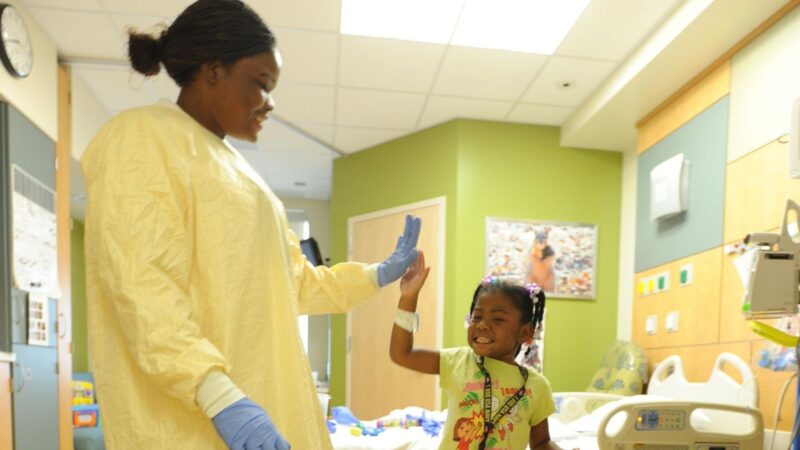
If you’ve never been to a gastroenterologist before, it’s normal to feel unsure about what to expect.
Gastroenterologists specialize in diagnosing and treating conditions related to your digestive system, so if you’ve been experiencing any stomach, liver, or intestinal issues, they’re the go-to experts. Whether it’s for a routine check-up or addressing a specific concern, understanding what happens during a gastroenterologist appointment can help ease your mind.
This post will break down things that can expect for your visit. Read on.
What Happens Before Your Gastroenterologist Appointment
Before your appointment, make sure you’ve gathered all the relevant information about your medical history. It’s important to bring any records of previous tests or treatments, a list of your medications, and any details about your symptoms—when they started, how often they occur, and what seems to make them better or worse.
Your gastroenterologist may also ask you to follow specific instructions before your visit. For example, they might request that you avoid eating or drinking for a few hours before the appointment, especially if any tests are being done. It’s always a good idea to confirm these details when scheduling your appointment.
What Happens During The Initial Consult
When you arrive for your appointment, the first step is usually a detailed conversation with the gastroenterologist or a nurse. This part of the visit is essential because it allows the specialist to understand your medical history and symptoms fully. Be ready to describe your digestive issues clearly and in detail. The ensuing discussion helps the doctor narrow down possible conditions and decide what tests or procedures may be needed.
The Physical Exam Part
After reviewing your symptoms, the gastroenterologist will typically perform a physical exam. This exam might include checking your abdomen for any tenderness, swelling, or other abnormalities. They’ll likely press gently on different areas of your stomach to assess for pain or unusual lumps.
Diagnostic Exams
One of the key aspects of a gastroenterologist appointment is diagnosing what’s causing your digestive issues. Depending on your symptoms, the doctor may suggest one or more diagnostic tests. Don’t worry—many of these tests are non-invasive, and the doctor will explain each one in detail before proceeding.
Some of the common tests you might encounter include a colonoscopy, an endoscopy, various types of scans, blood tests, and many more. Remember: each test serves a specific purpose, and your gastroenterologist will only recommend what’s necessary to diagnose or rule out potential issues.
Discussing Your Diagnosis
After the tests, your gastroenterologist will go over the results with you, either at the same appointment or during a follow-up visit. This is when you’ll get a clear understanding of your diagnosis. The doctor will explain any conditions found, what they mean for your health, and what treatment options are available. It’s important to ask any questions you have at this stage so that you fully understand your condition and the next steps.
Moving Forward With A Treatment Plan
Your treatment plan will be tailored to your specific diagnosis. Treatments can range from medication to lifestyle changes or even surgery, depending on the severity of your condition.
Here’s a brief overview of some common treatment options:
- Dietary Changes: Many digestive issues can be managed with adjustments to your diet. Your gastroenterologist may recommend avoiding certain trigger foods, eating smaller meals, or increasing fiber intake.
- Medications: For conditions like acid reflux, medications may be prescribed to reduce acid production, alleviate symptoms, or heal inflammation.
- Surgical Procedures: In some cases, surgery might be necessary. This could involve removing gallstones, repairing hernias, or addressing more serious conditions like colon cancer.
Follow Up Care
Depending on your diagnosis, your gastroenterologist might schedule follow-up appointments to monitor your progress. A number of gastrointestinal conditions require ongoing care, so regular check-ins are essential. In other cases, meanwhile, you might only need to return for periodic screenings, like colonoscopies, every few years. Whatever the case, your doctor will keep track of your health and adjust your treatment plan if necessary.
Final Words
Visiting a gastroenterologist doesn’t have to be intimidating. By knowing what to expect, you can approach your appointment with confidence. From discussing your symptoms to undergoing diagnostic tests and receiving a tailored treatment plan, your gastroenterologist is there to guide you toward better digestive health. And remember, taking care of your digestive system is crucial for your overall well-being—don’t hesitate to seek the help you need.














